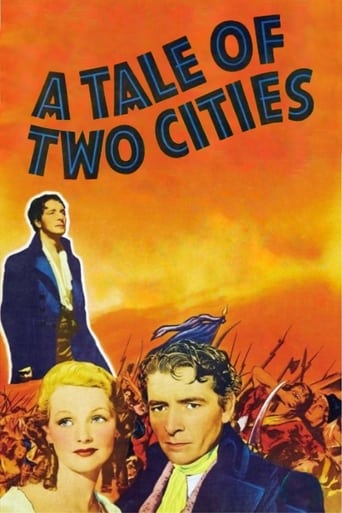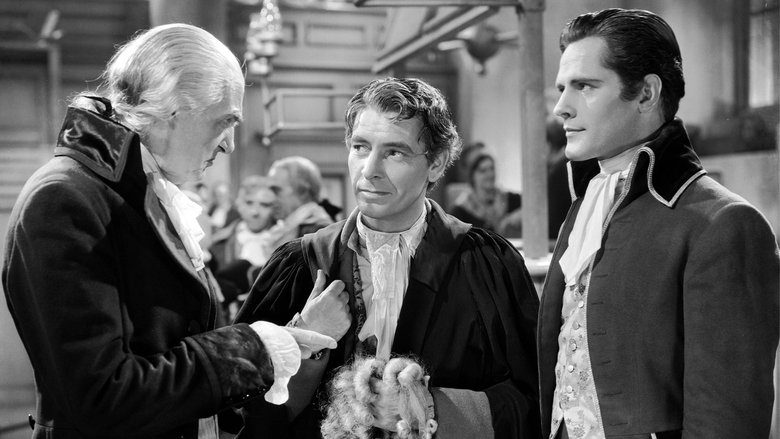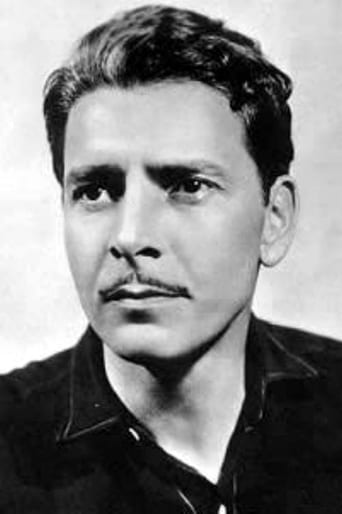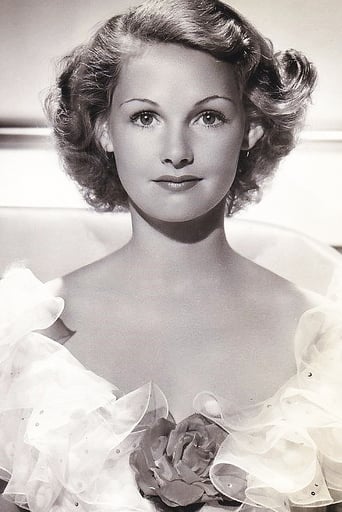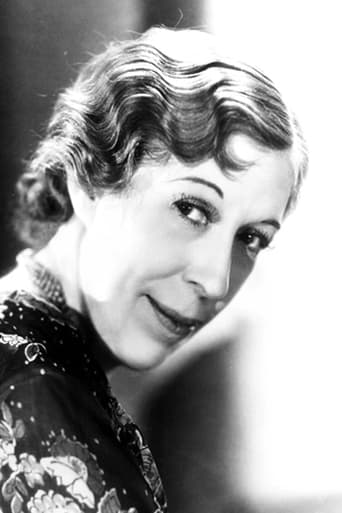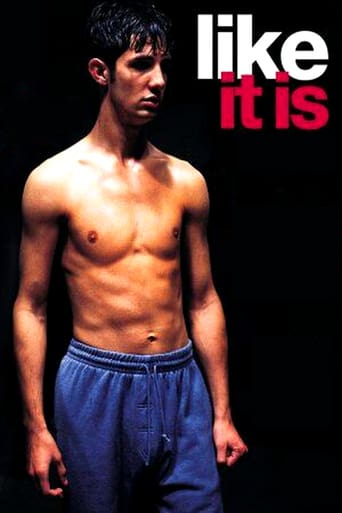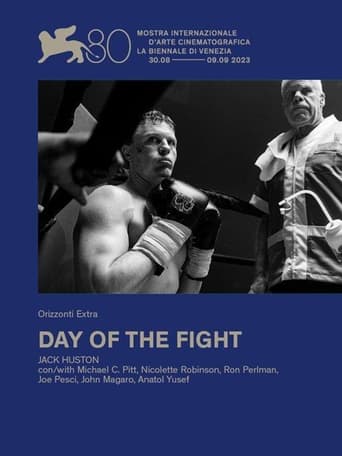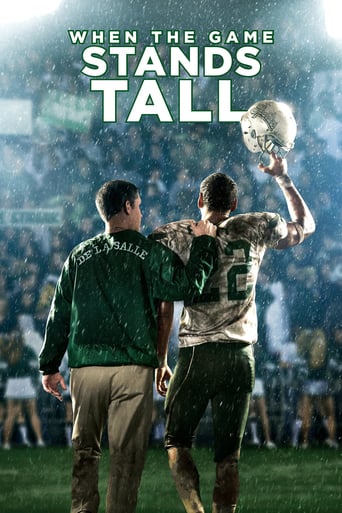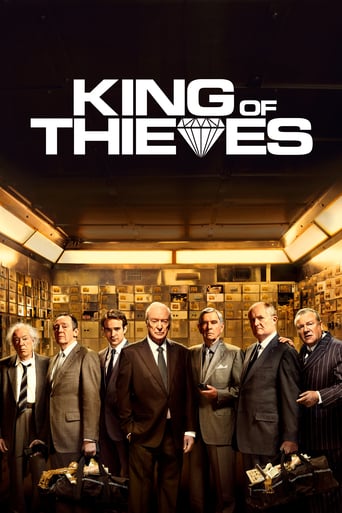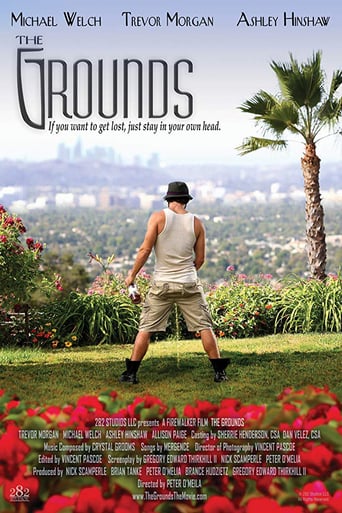A Tale of Two Cities (1935)
The exciting story of Dr. Manette, who escapes the horrors of the infamous Bastille prison in Paris. The action switches between London and Paris on the eve of the revolution where we witness 'the best of times and the worst of times' - love, hope, the uncaring French Aristocrats and the terror of a revolutionary citizen's army intent on exacting revenge.
Watch Trailer
Cast


Similar titles
Reviews
Jack Conway's "A Tale of Two Cities" is based on the popular Charles Dickens novel of the same name depicting the events of the French Revolution and happens to depict them very well, and thanks to how Conway directed this movie it is also one of the finest period pieces that I've ever seen. The movie stars Ronald Colman in a role he always felt that he was born to portray as Sydney Carton an alcoholic British lawyer who defends a young Frenchman named Charles Darnay (Donald Woods) who happens to be a relative to an aristocrat named Marquis St. Evremonde (Basil Rathbone) who he differs from in every way in terms of political philosophy, and all the poor French citizens who are victims of the reign of King Louis XVI and his wife Marie Antoinette, and as punishment they wanted to kill all of the aristocrats as well as all of their relatives all the way down to babies which is a very sickening idea thanks to clouded judgment. Carton is also defending him for the sake of his wife (Elizabeth Allan), daughter,her maid (Edna May Oliver) and the rest of her family of which he credits for sobering him up, and as a result he decides to sacrifice himself for the sake of his friends which is his plan for getting Darnay out of prison. Although Colman felt he was born to play the role of Sydney Carton he strongly refused to play the dual roles of Carton and Darnay which are supposed to be lookalikes in the story. Though I didn't read the novel I do know that the novel starts with the words "It was the best of times, it was the worst of times." which I couldn't think of any better words that Dickens wrote to best describe this story. The screenplay along with Conway's sure handed direction makes you relate to both the British and the French citizens but the problem with the French people is that they let their emotions get the best of themselves and they totally acted out of revenge towards aristocrats and racism towards British people. The performances are very good but Colman is so good in this role that he makes the role of Carton his own and was unfortunately snubbed for a best actor Oscar nomination probably due to the fact that his performance was far too good for the Academy, this is a great film that is hardly remembered anymore, and is one of the finest films that the year 1935 had to offer.
This is really a relatively unsung classic of the 1930s. I could name a few others in that category: Goodbye Mr. Chips and Dodsworth come to mind. When I think of 1930s cinema, I think of unrealistic acting where the characters stand too close to each other, the dialogue comes out too quickly, and there is almost no pause between the lines spoken back and forth in conversation. This film suffers from very little of that. If not for the narrow screen and the black and white photography, it would come off as almost a contemporary movie. A lot of that is due to the star being Ronald Coleman who had one of the best speaking voices that ever came our of a screen actor's mouth. He did not hurry his words.The story comes from Dickens, of course. And it stays pretty true to the book. It remains a gripping movie more than 80 years after its release.
Good adaptation of Charles Dickens' classic novel.Set in Paris and London before and during the French Revolution, the story of how the Revolution, and the build-up to it, ultimately affects the lives of several people. One is a former French aristocrat, Charles Darnay (played by Donald Woods). Others include his father, wife, father-in-law and the French population in general.Entertaining, engaging and intriguing. Also examines reasonably well the causes for the Revolution, and the fascist, overreacting, overreaching consequences of it.Solid performances all round.Worth watching, at the very least in that this is quicker than reading the book...
MGM's Ronald Colman version of Charles Dickens' "A Tale of Two Cities" has more in common with the best of films, and less in common with the worst of films. Producer David O. Selznick guaranteed it a nice budget, which results in a some finely-edited incidental scenes. Every so often, you are startled by how well something is done - but, generally, the story goes through the motions. It is nice to see Mr. Colman perform the "Sydney Carton" role. The other leads do not work well with him, however. Colman's "Carton" is supposed to be identical in appearance to the "Charles Darnay" character played by Donald Woods. The two men are vaguely similar types, but Mr. Woods is a bigger, taller man; and, his youth makes Colman look a little old for the part. Elizabeth Allan (as Lucie) is pretty; she looks good with Woods, but has no little chemistry with Colman.The film offered a grand supporting cast - all eligible for the first "Best Supporting" Oscar given, but none were nominated.The best supporting actor almost looks to be Basil Rathbone, with his cruel depiction of French aristocracy; but, he doesn't appear much, and Mr. Rathbone could perform the part in his sleep. By the time he loses his tenuous sanity, fatherly Henry B. Walthall (as Alexandre Manette) really takes supporting actor honors; and, this was the last great character role for Mr. Walthall. For feminine honors, it's a battle between Edna May Oliver's wise-cracking English maid and Blanche Yurka's violently-knitting French peasant. They even have a supporting actress dogfight. Many admire Ms. Yurka's efforts, which are considerable; she chews the scenery and spits it out. Finally, by the time "The End" has come, it's very apparent this "Tale of Two Cities" has become a "Christmas Carol" - of course, as in the original work, Dickens would prefer the comparison to be more allegorical.******* A Tale of Two Cities (12/25/35) Jack Conway ~ Ronald Colman, Donald Woods, Henry B. Walthall, Blanche Yurka

